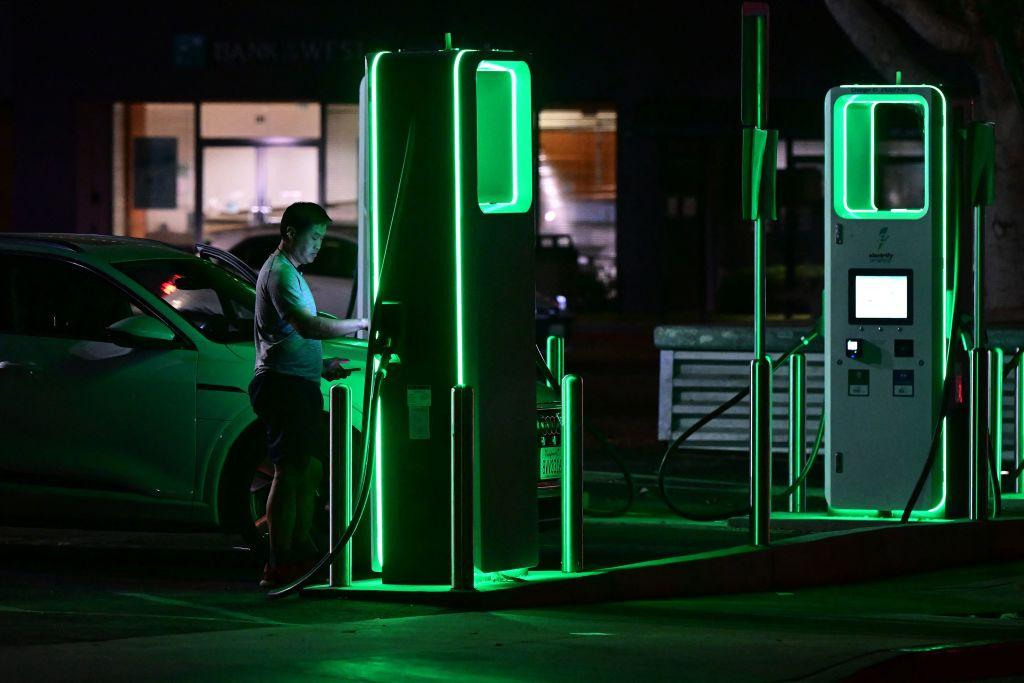Electric vehicle (EV) “mania” might be at an end, or, at a minimum, easing down, according to research, as concerns about supply chains, lithium sourcing, inflation, and more affect production capacities while customer demand decelerates globally, as evidenced by industry leader Tesla cutting prices in order to increase sales.
In Europe, EV car manufacturers are slowing production due to uncertainties around lithium supply for batteries as well as electric vehicles proving to be expensive for the middle class, according to a Jan. 18 Institute for Energy Research (IER) post. This year, Europe is expected to output 12 million cars, which is a million less than earlier estimates.





